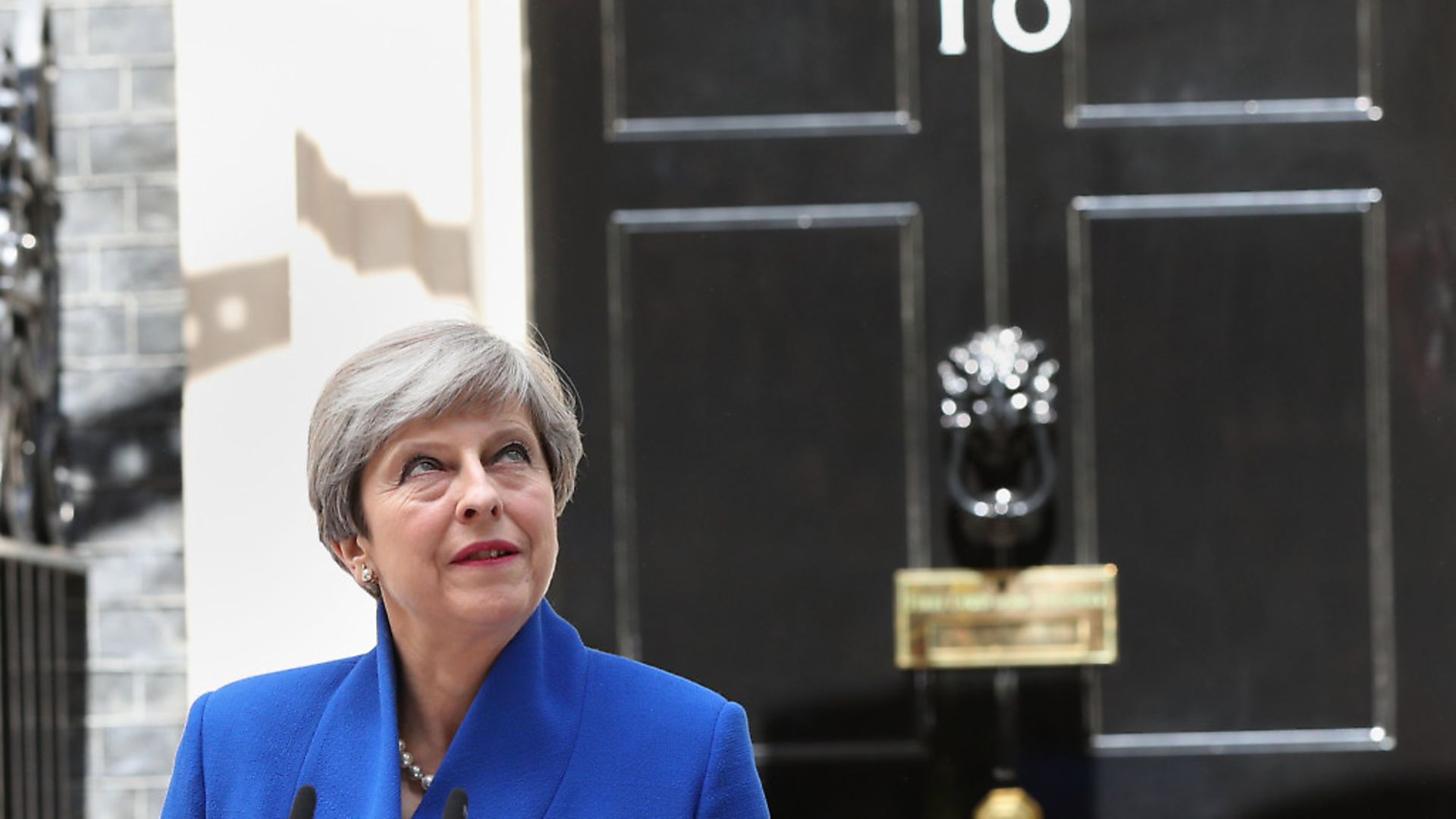
Theresa May set up the Brexit department with the intention of stopping Boris Johnson handling Brexit negotiations as foreign secretary.
Jeremy Hunt, who succeeded Johnson as foreign secretary, claimed that the decision to create the now defunct department was “a deliberate decision to take Brexit out of the hands of the Foreign Office while Boris (Johnson) was foreign secretary”.
Speaking at an Institute for Government event, he said: “When I became foreign secretary, we got a bit more involved, but obviously structurally it was the job of the DExEU Secretary of State to do the negotiations with Brussels, but I was reasonably closely involved.”
In a separate interview, David Liddington – known as Theresa May’s de facto deputy – said it was a mistake to create the DExEU department.
He said: “Now, that’s not to denigrate the officials or the ministers who work there, but the fact you had then DExEU try to do things and Number 10 and the cabinet trying to do things as well… and the contingency planning as a function sits in the Cabinet Office anyway, because all this stuff about the reasonable worst-case scenario, that is standard civil contingency planning language.
“That was how the Cabinet Office was looking at, well, what happens if your DExEU mitigation doesn’t work, what happens then?
“But trying to knit that together just took more energy and time than should have been necessary.
“So in my ideal world, I would not have invented DExEU as a department.”
He added: “I would have had a big unit, but I would have located it as, you know, an annex to the Cabinet Office and Number 10, because the Prime Minister was going to be driving the negotiations.”
Liddington also revealed that the cross-party talks between the Conservatives and the Labour Party came “pretty close” to finding a compromise over Brexit.
“I think, at the end of the day, perhaps late in the day, it was just there was an unwillingness on both sides, I think, to make the final leap.
“The two issues on which it broke down were customs and a second referendum, where we couldn’t quite get agreement.”
Asked whether May was to blame for what happened, he said “ultimately every prime minister has responsibility for what happens in their government”.









